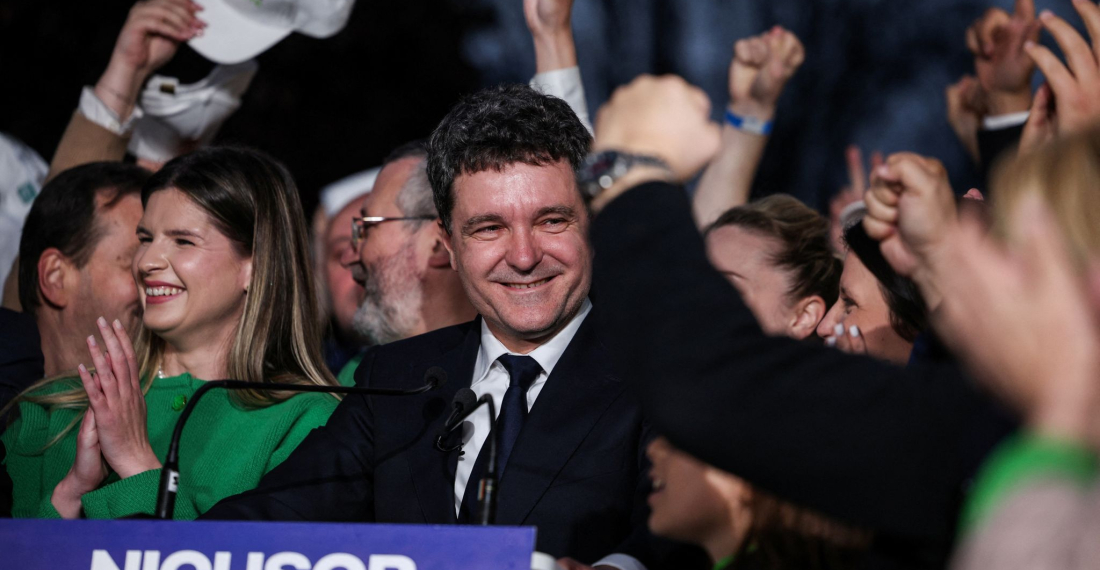Romania’s presidential candidate Nicușor Dan won the country’s presidential election on Sunday, defeating his nationalist rival George Simion. With all votes counted, the centrist candidate won nearly 54% of the ballots cast, a clear win over Simion, a supporter of US President Donald Trump. Simion, who opposes providing military aid to Ukraine and is critical of the EU, looked on track to win the election after he swept the first round on 4 May. However, Dan gained ground after a televised debate with Simion.
While addressing a crowd of his jubilant supporters on Sunday, Dan said that the vote proved the “incredible power of the Romanian society,” according to Reuters. “Elections are about community. In today’s elections, a community of Romanians who want a profound change in Romania won.”
He also encouraged his supporters to “have patience,” saying a “difficult period lies ahead, but necessary in order to balance the economy of this country, to build the foundations of a healthy society.”
Despite calling himself the “new president” earlier in the day, Simion conceded defeat in a video posted to X on Sunday night, but he vowed to continue to fight alongside the “sovereigntist patriots and conservatives around the world.”
The election comes five months after the result of the original vote, which saw former far-right outsider Calin Georgescu surge in popularity, was annulled over allegations of Russian interference. “It was an honour for me to represent our movement in this battle. We lost this battle, but we didn’t and will never lose our war,” Simion said. Georgescu was later banned from this month’s rerun after being charged with various crimes, including founding a fascist group.
More than 10 million Romanians cast their vote in Sunday’s election, which was widely seen as a choice between East and West and a litmus test for the rise of Trump-style nationalism in Europe.
Dan, who is currently the mayor of the capital Bucharest, is a strong supporter of Romania’s NATO membership and has pledged to continue providing aid to Ukraine, which he sees as key to Romania’s own security against the threat from Russia. He has also promised to crack down on corruption.
Simion appears to have the support of Romania’s diaspora, one of the largest of any country in the world. About 60% of the diaspora voted for Simion in the first round. Since then, he spent a lot of time outside Romania, traveling to Austria, Italy, Poland, Belgium, France and the United Kingdom, in an effort to win over voters abroad.







